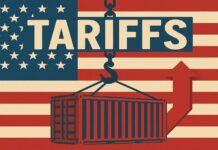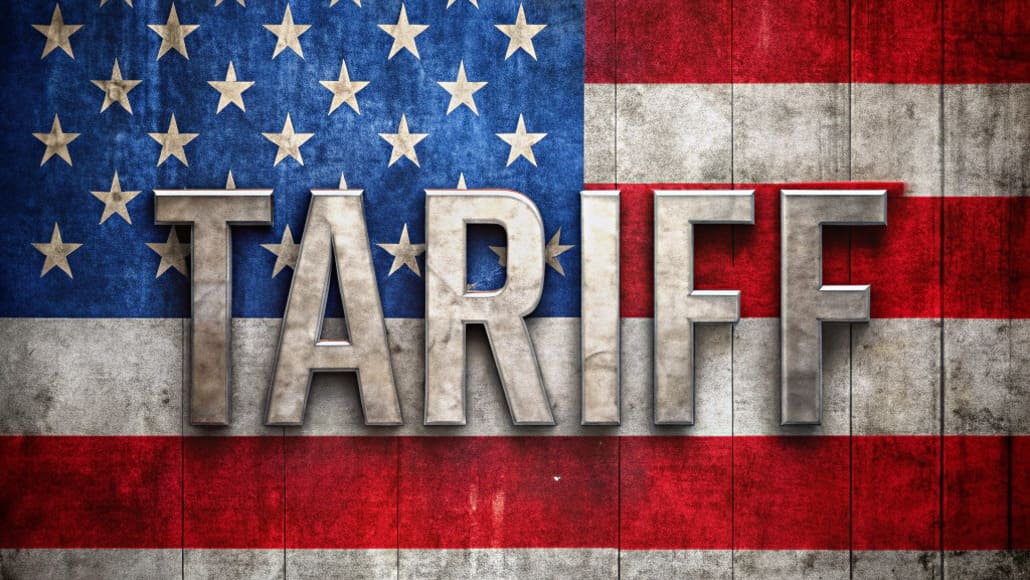The US National Council of Textile Organisations (NCTO) recently expressed gratitude to President Donald Trump for delaying the 25 percent penalty tariffs on qualifying imports from Mexico and Canada under the US-Mexico-Canada Agreement (USMCA) for a month. This pause allows negotiations to address concerns over illegal immigration and fentanyl trafficking to continue.
“We urge an expeditious resolution for all the parties to ensure the vitality of the US textile industry,” stated Kim Glas, NCTO president and chief executive officer.
“Under USMCA, the US textile and apparel industry has formed a vital coproduction chain with Mexico and Canada that supports 1.6 million workers and generates $20 billion in two-way trade. It is by far the largest export region for American textile producers, representing $12.5 billion in combined US exports—53 per cent of our total annual exports. US textile inputs routinely come back as finished products to the United States under the trade agreement,” Glas highlighted.
“As such, imposing tariffs on imported goods that comply with the USMCA would only serve to harm a key US manufacturing sector that contributes significantly to the US economy and workforce,” he noted.
“It would also adversely impact two key trading partners and a North American coproduction chain that competes directly with China and Asia. In addition, it would further undermine the US industry’s ability to make critical products for the US military if this critical production chain was harmed,” Glas added.

































